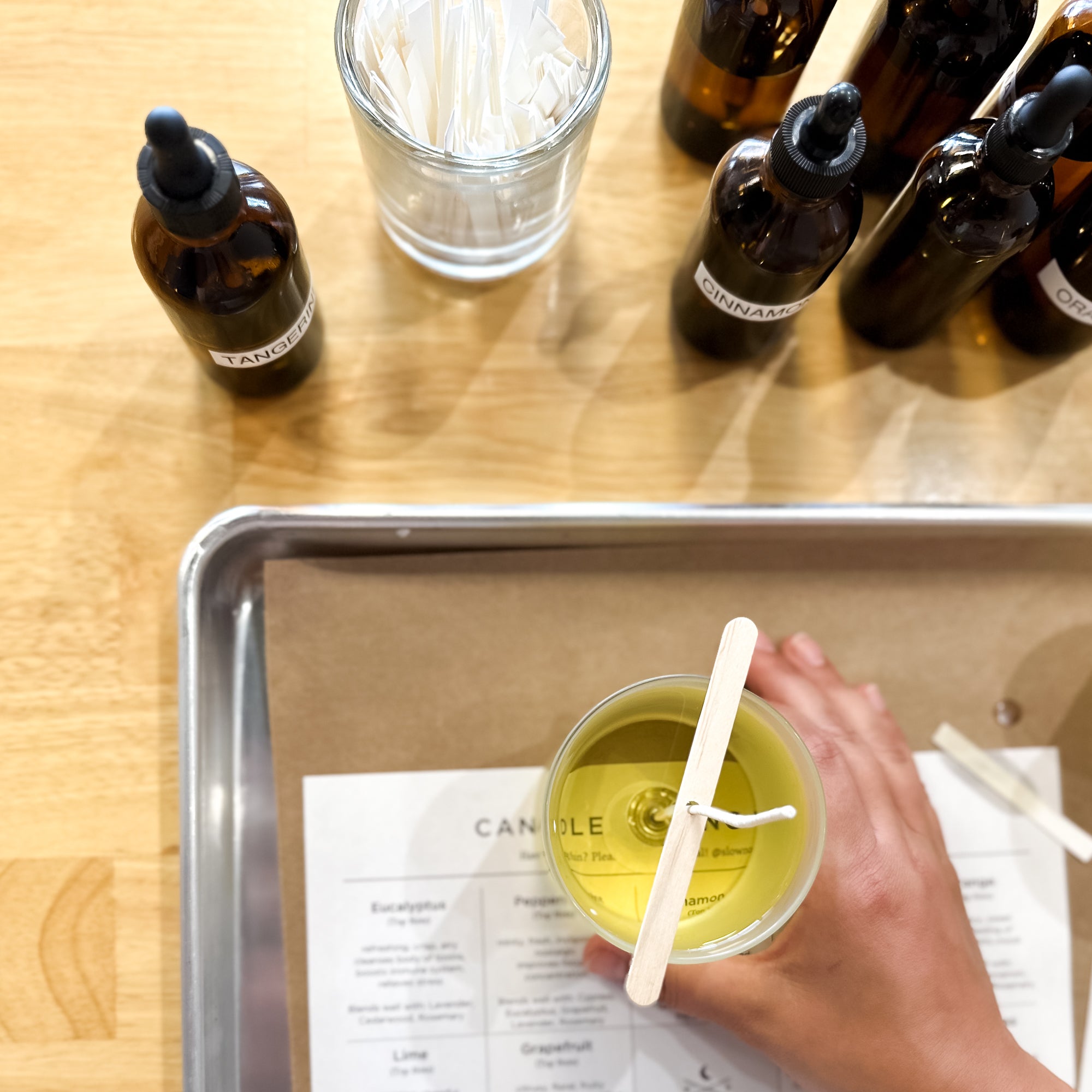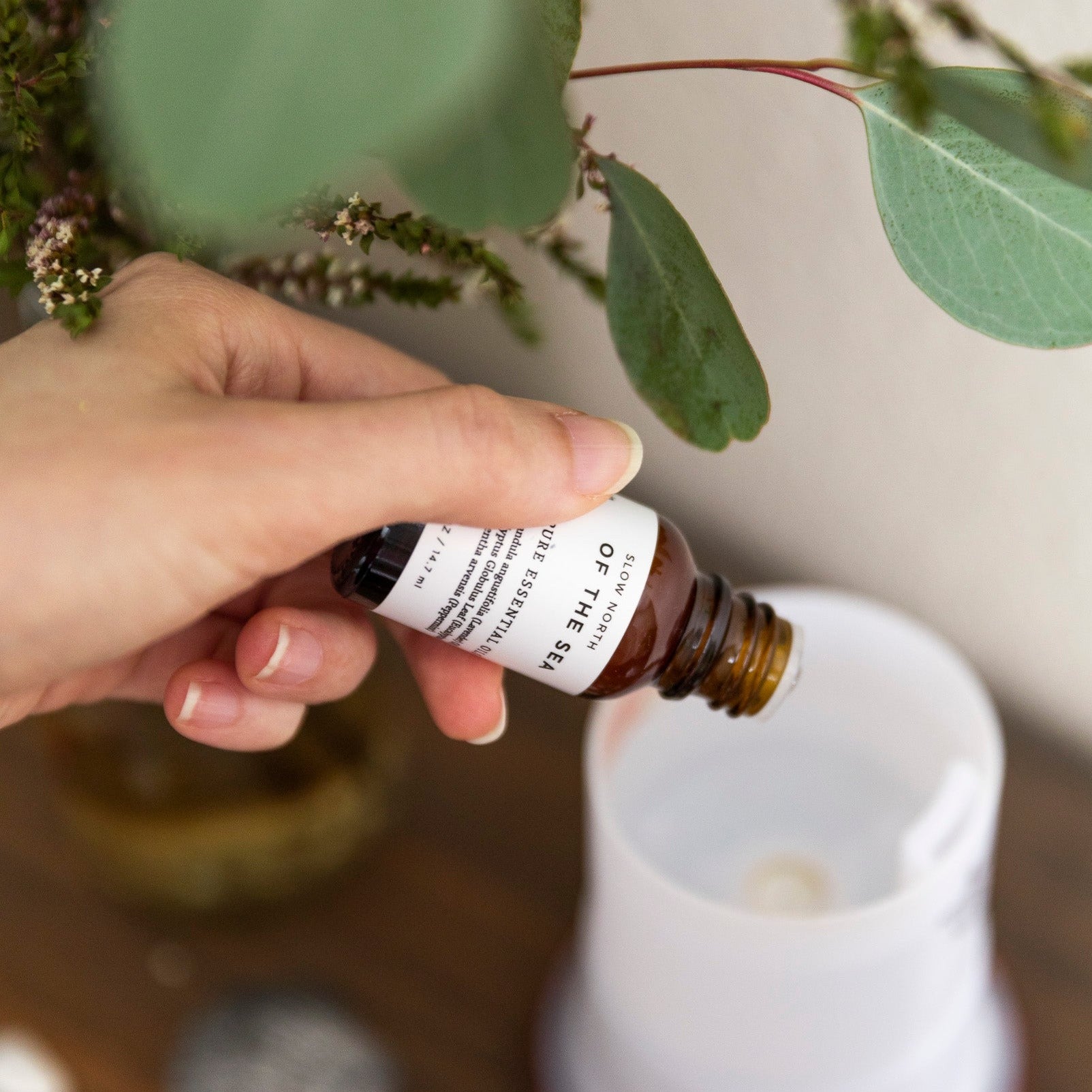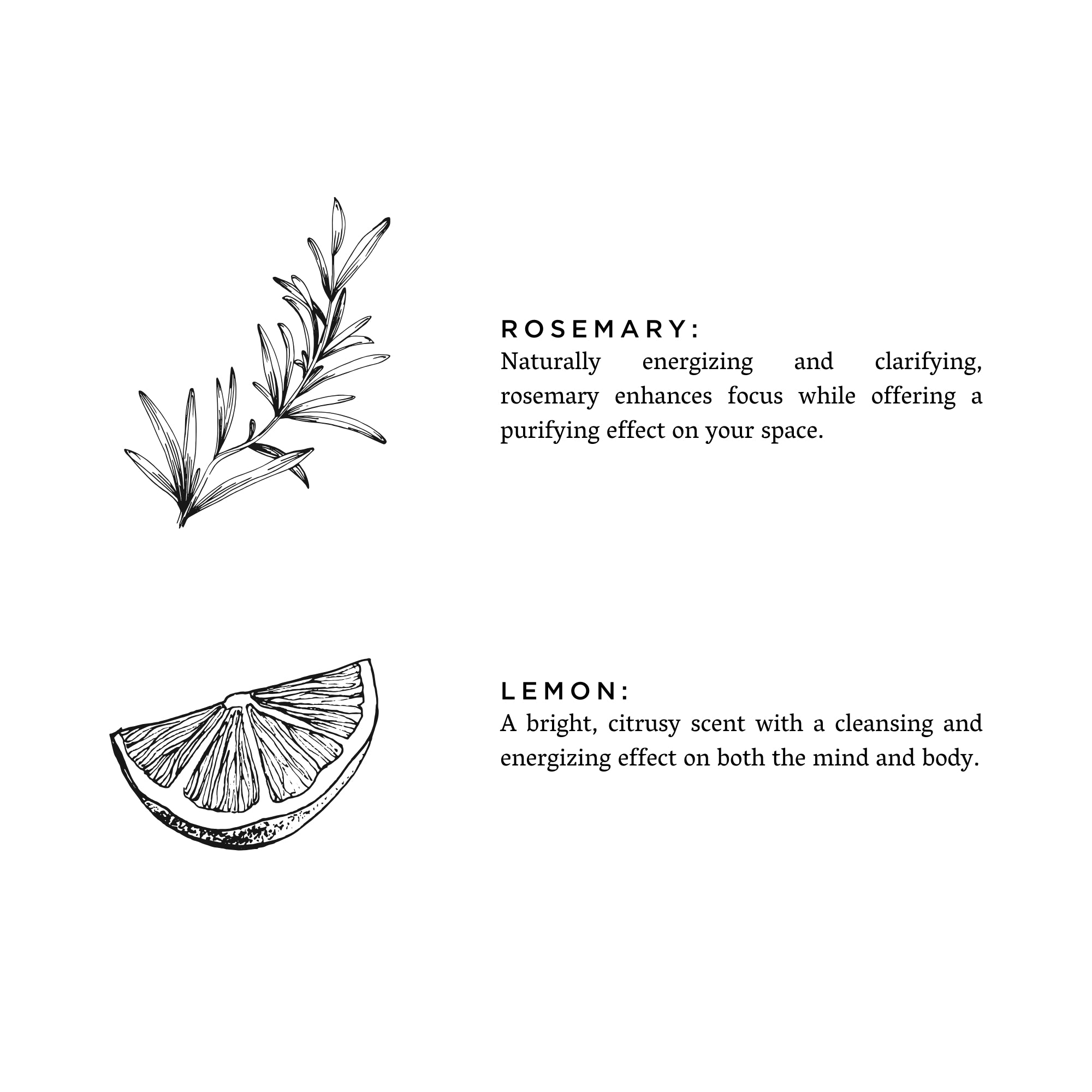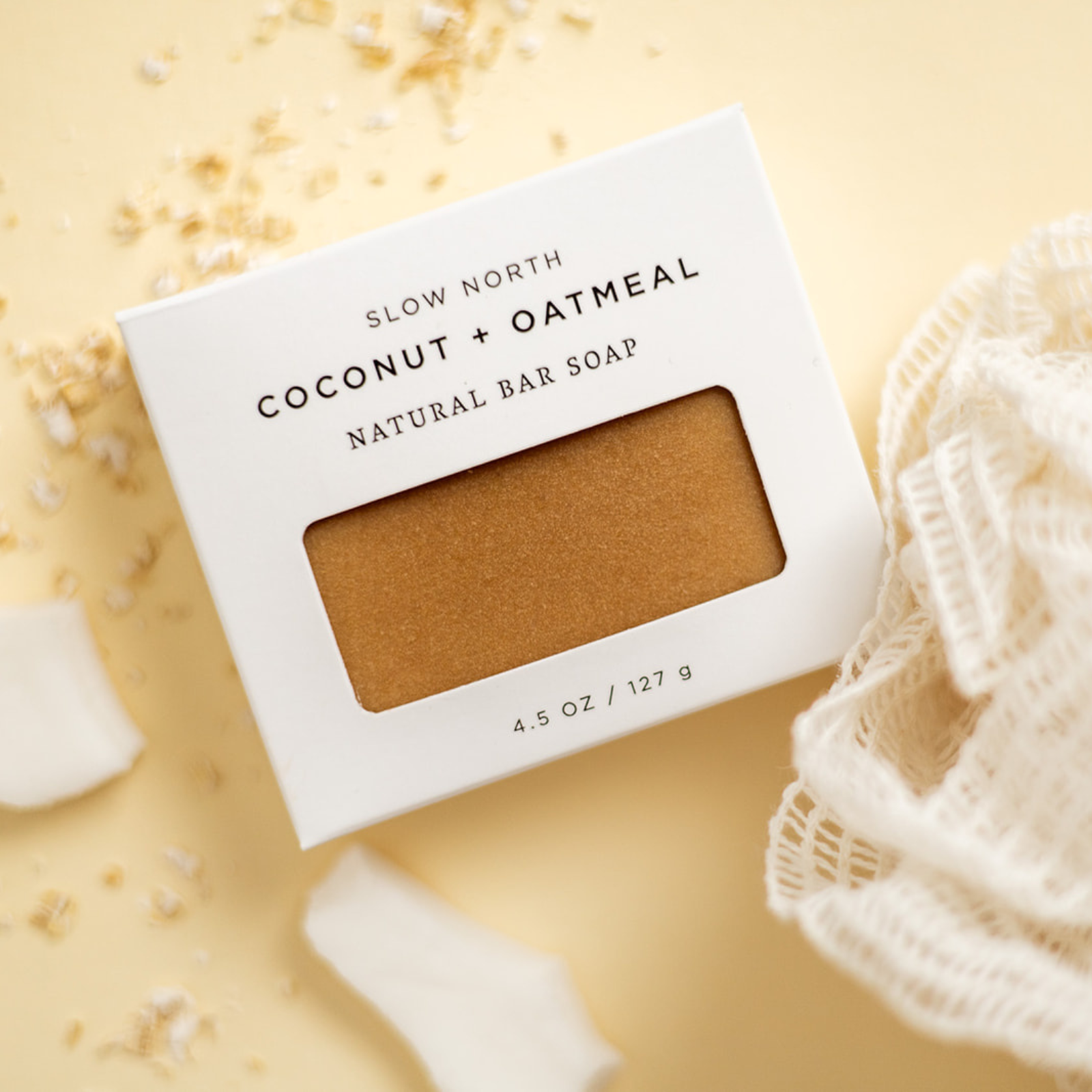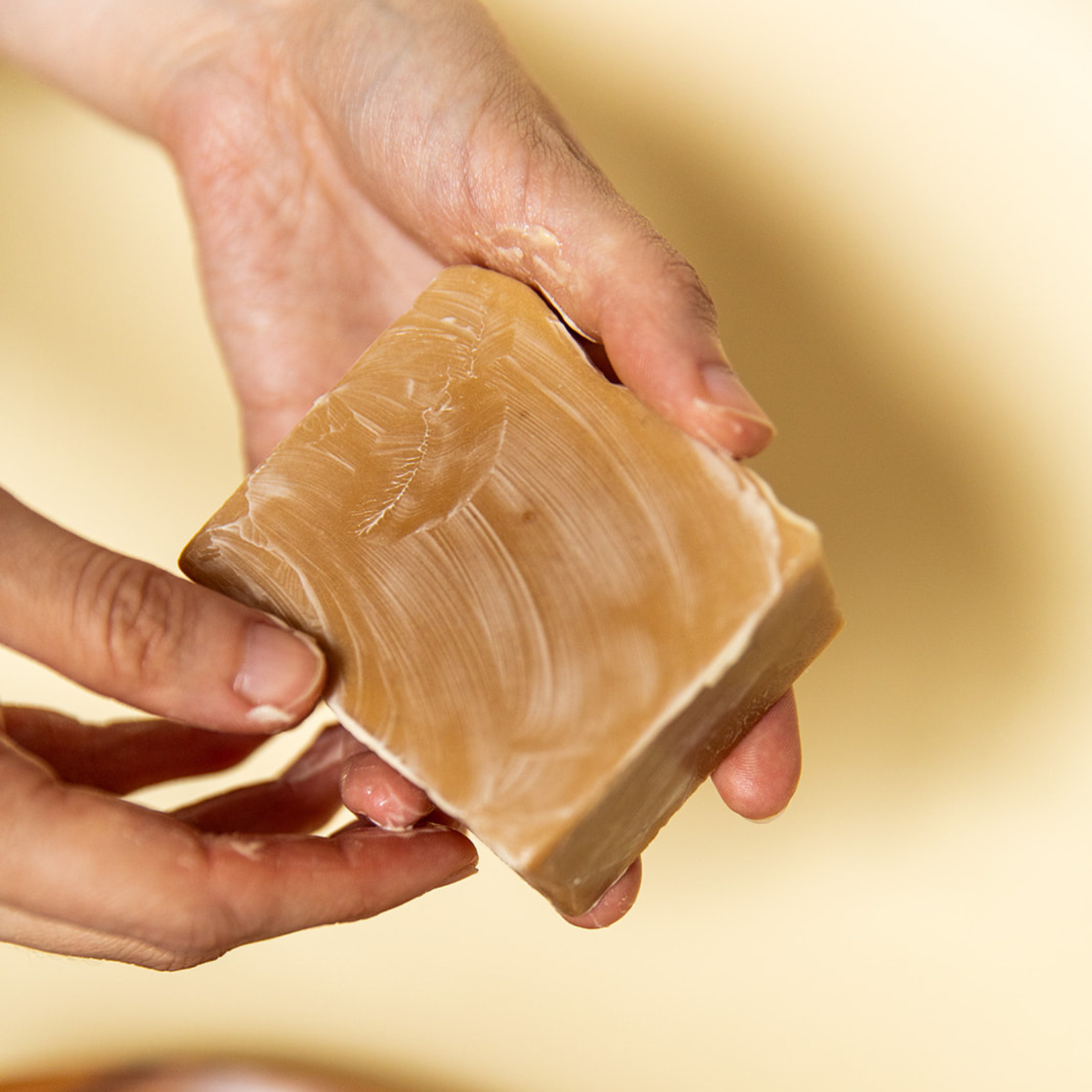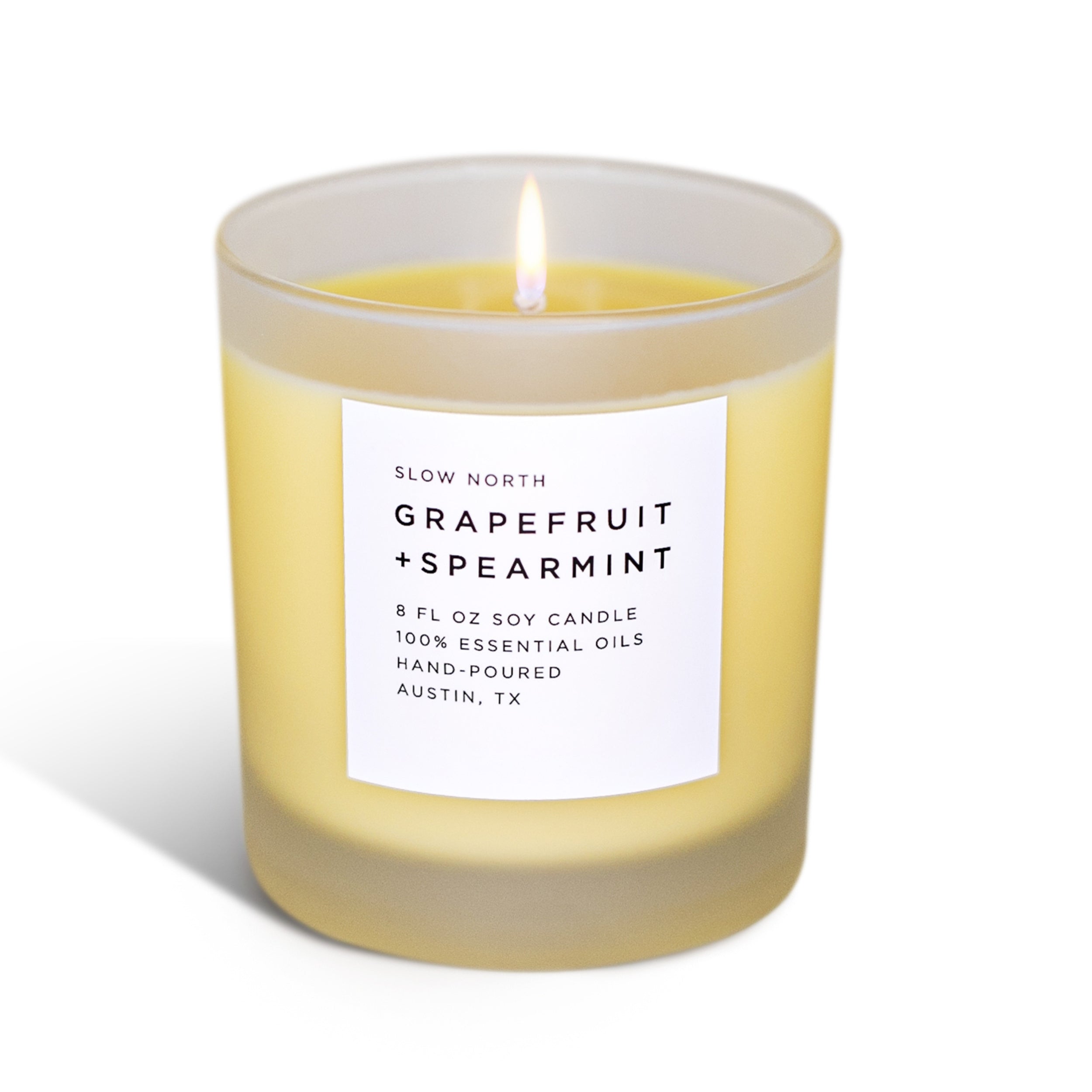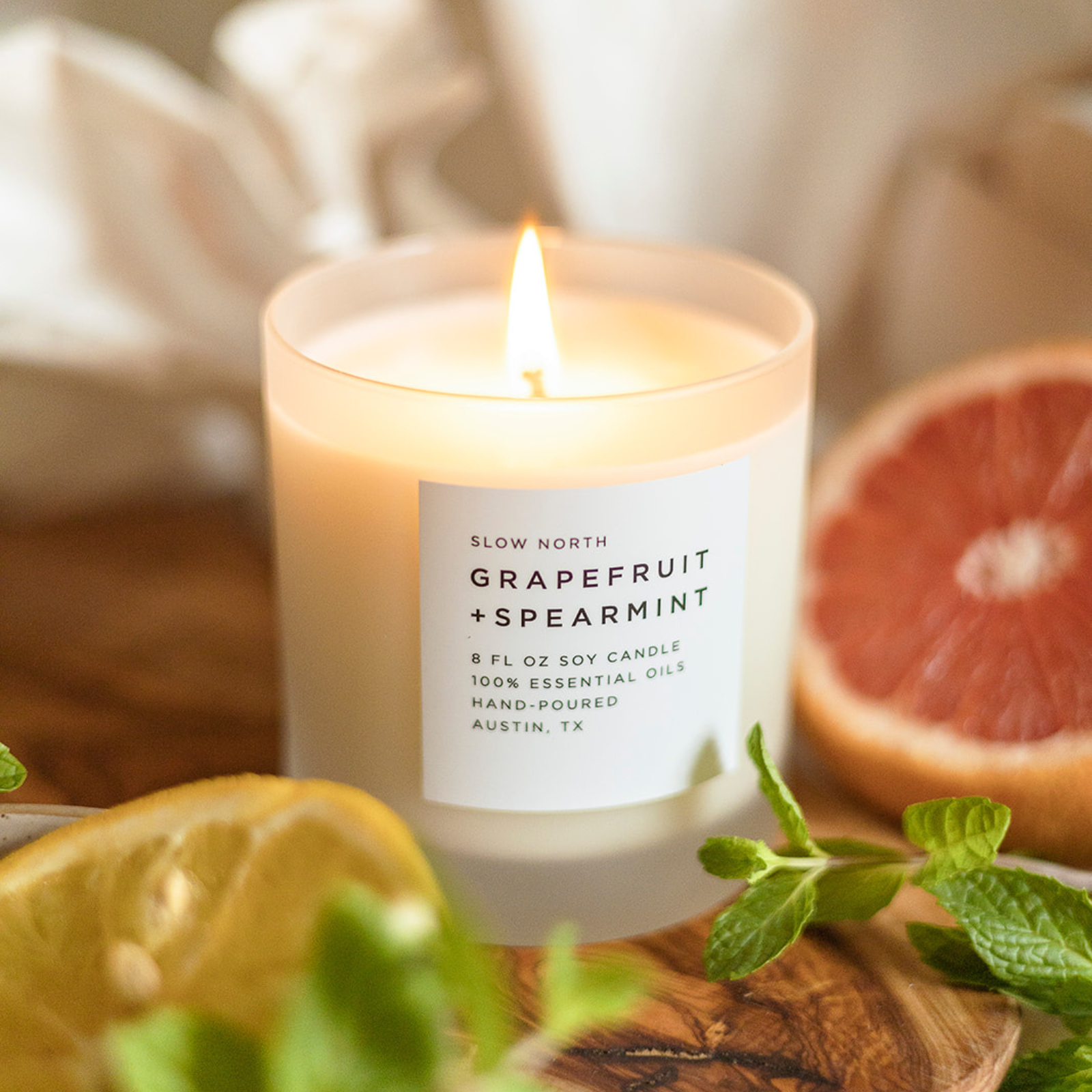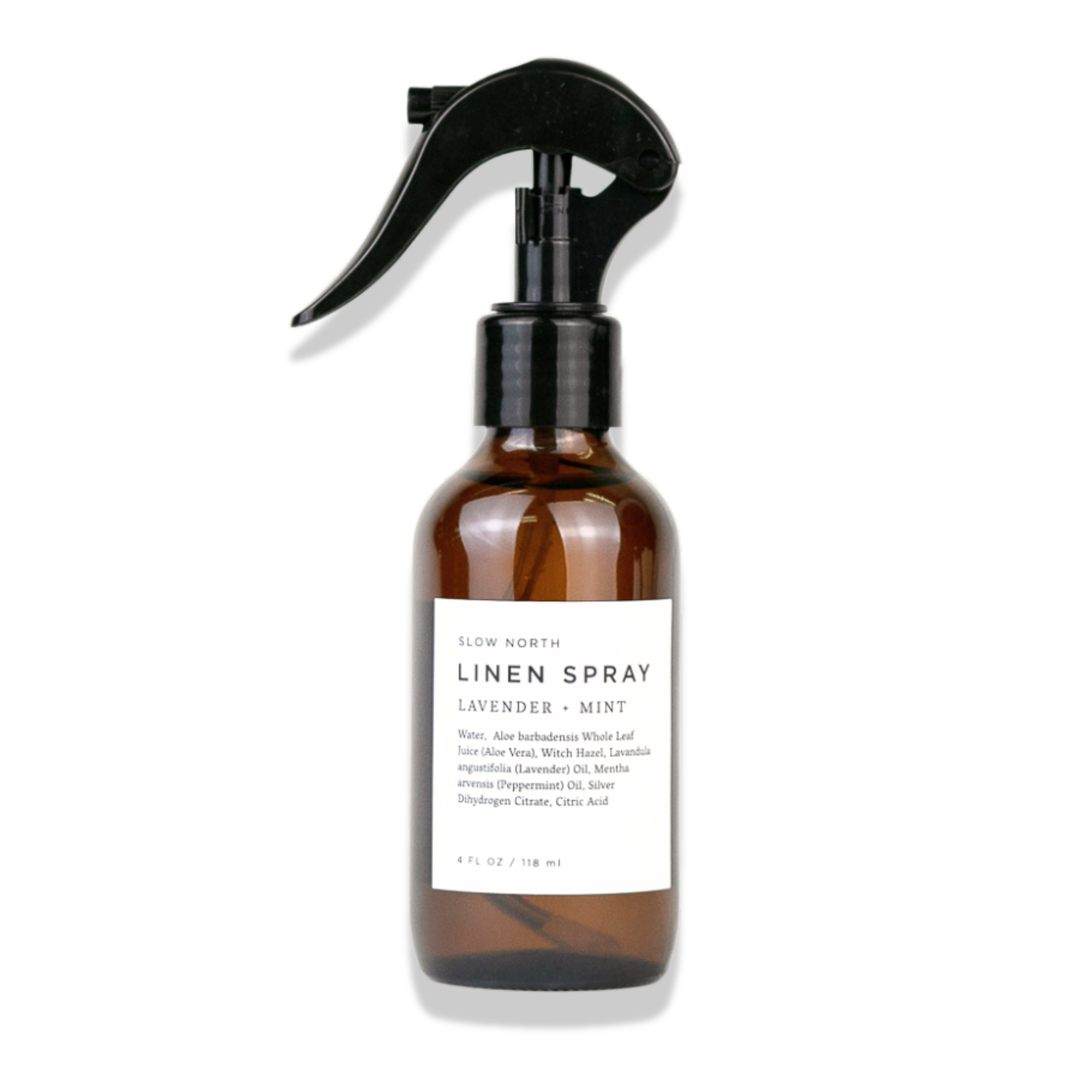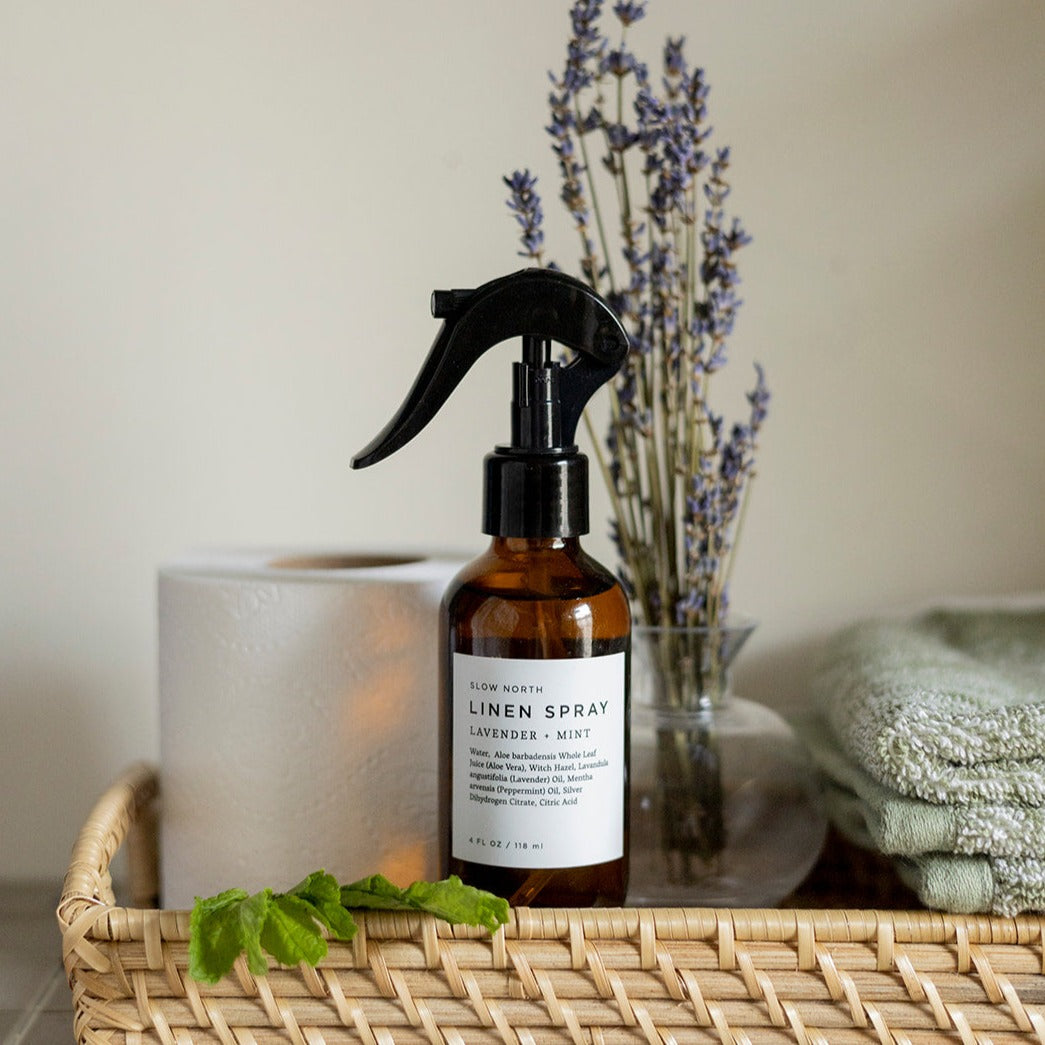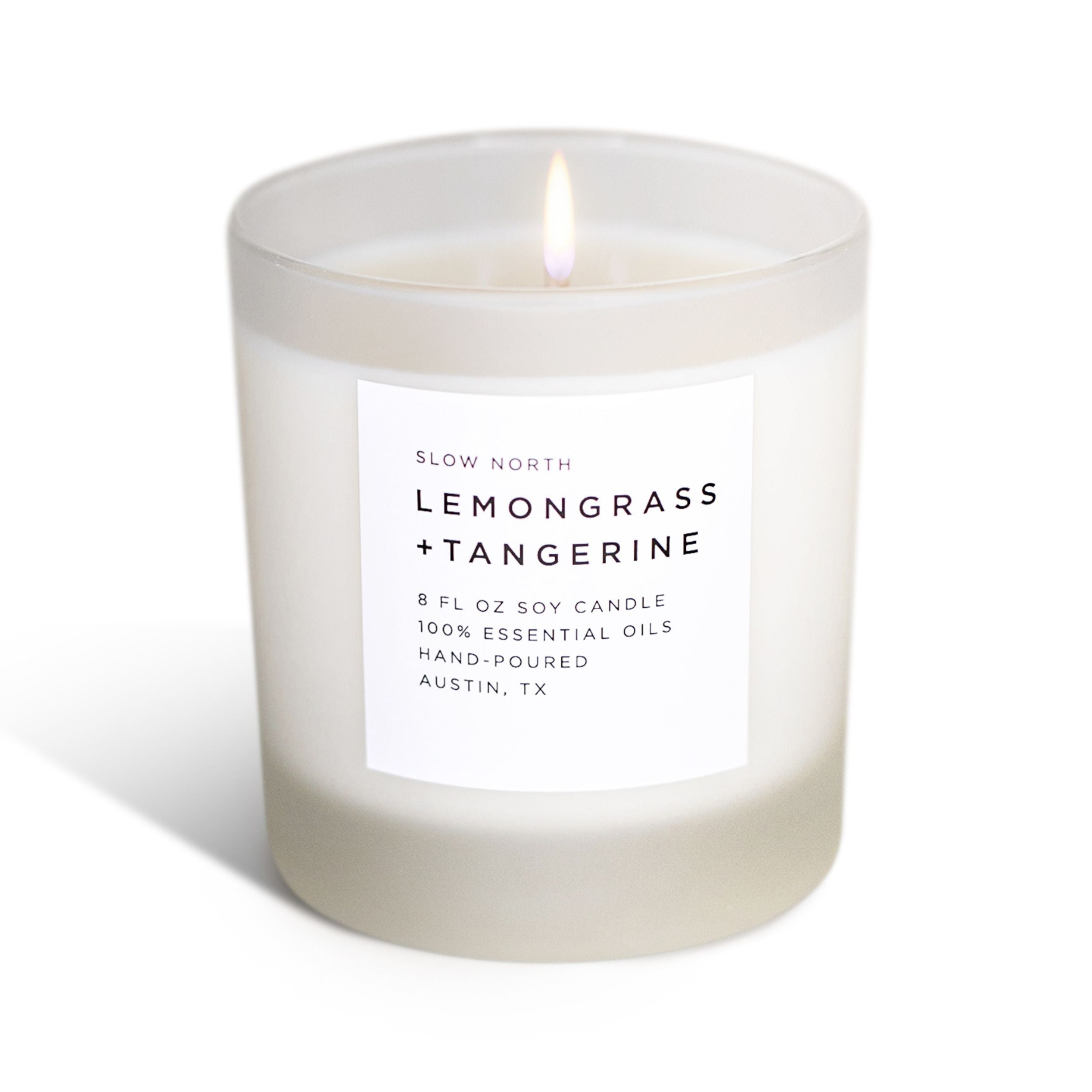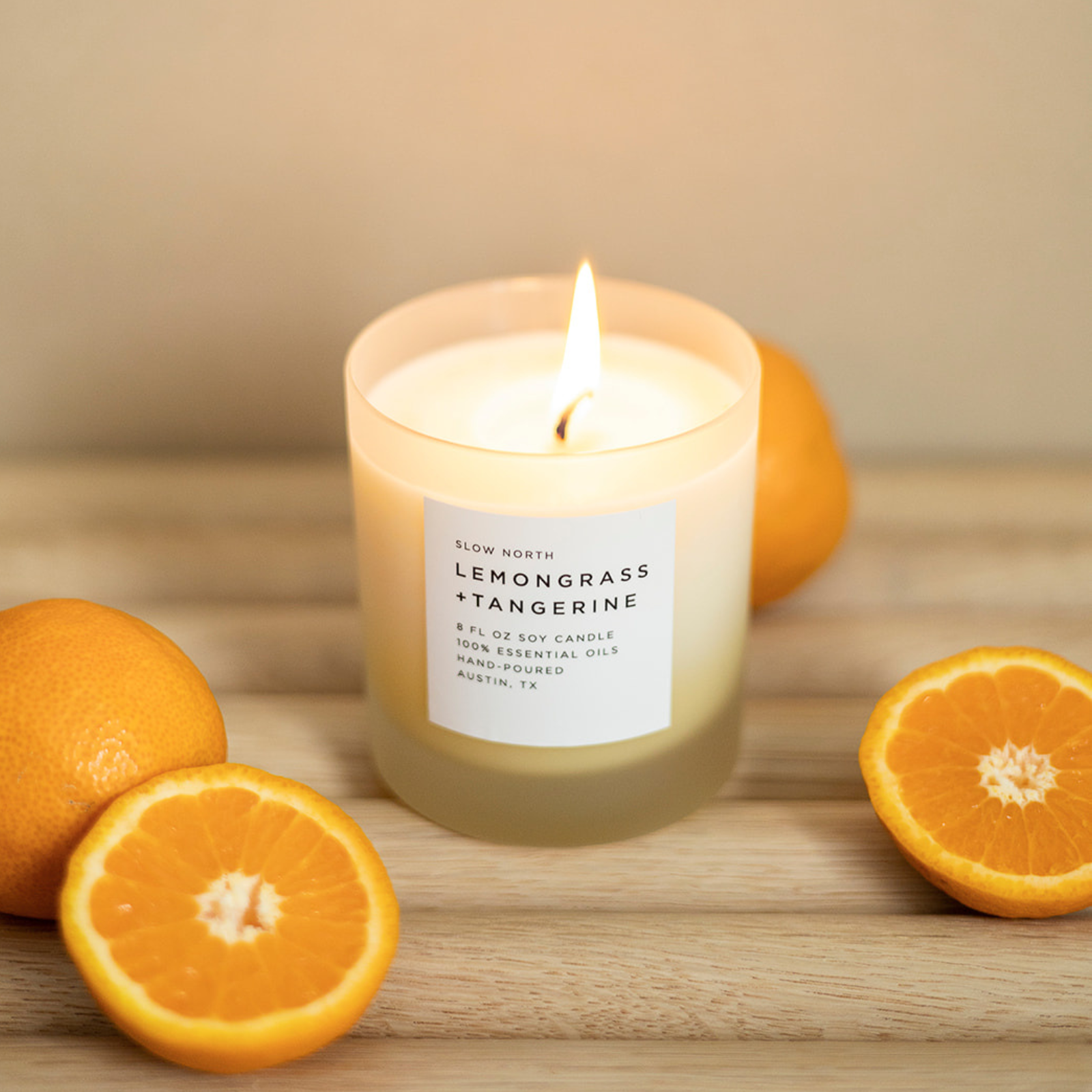After having navigated a global pandemic, climate crises, and the general existential dread that comes with surviving ~unprecedented times,~ it feels like we are more stressed out than ever. Stress is no joke — and if you’ve been feeling its symptoms recently, you’re most certainly not alone.
Stress can manifest itself in many ways, from experiencing difficulty sleeping to suffering physical pain. And while there are many remedies for relieving a wide spectrum of symptoms, we believe there’s no better way to go about it than by doing it naturally. Natural stress relief works with your body, rather than against it, and can help alleviate symptoms in the long run, versus acting as a quick fix.
Managing stress can seem overwhelming, especially if you’re not sure where the stress is coming from. Tackling stress may appear time-intensive and expensive, but the truth is that natural stress relief can be accomplished easily, with minimal time or resources needed to get the job done.
Ready to dive in and de-stress? Here are some of our favorite natural stress relievers for you to try.
Natural Stress Relief for the Body
Stress isn’t just something that manifests in our minds — our bodies keep the score, too. When we feel stress, our body’s natural reaction causes our muscles to tense up, our respiration rate to increase, and our blood vessels to dilate. We can handle these physical effects in short doses, but if the stress becomes chronic, it can lead to longer-term issues like chronic migraines, increased blood pressure, and a suppressed immune system. Nipping the bud of those physical stress symptoms is key to ensuring prolonged health!
Luckily, there are plenty of natural solutions that target stress-related physical symptoms. Better yet, they won’t cost you an arm and a leg or eat up tons of your time. Here are some natural stress remedies that are easy to do at home:
• Neck wraps
Because stress causes our muscles to contract, it can result in tight shoulders or a stiff neck over time. Harboring tension in the body only leads to more stress, and so the vicious cycle continues. Using a therapeutic neck wrap, however, will work wonders for melting away that tension and easing pain.
Neck wraps are a fantastic natural stress reliever for a few reasons. For one, you can either stick them in the freezer or heat them up, so your body gets exactly what it needs to combat that stress. Secondly, our neck wraps are made with 100% cotton and linen fibers and filled with unscented lentils. You won’t find any external stressors or irritants in our neck wraps, so you can relax and let the natural ingredients do the heavy lifting for you!

• Eye masks
Not unlike neck wraps, eye masks are gentle miracle workers that reduce headaches associated with stress and anxiety. They can be applied either hot or cold, and all you have to do is kick back and relax for a few minutes with the mask resting on your eyes (or anyplace on your head where you’re feeling pain). Eye masks put slight pressure on your eyes and forehead, which is also helpful in reducing pain or discomfort.
We love using eye masks during meditation, too. They’re helpful in blocking the light out, so you can truly turn inward and relieve your mind of the day’s stress.
• Aromatherapy
Sometimes known as essential oil therapy, aromatherapy is a holistic healing treatment that diffuses essential oils into a calming steam. Breathing in essential oils is known to enhance both physical and emotional health, and it works like a charm against stress. Lavender is probably the most famous essential oil for stress relief, but bergamot and lemon grass work just as well, too.
• Bath rituals
When it comes to stress relief, taking a bath might just be the most time-tested tradition out there — and for good reason! Your skin releases endorphins when it comes in contact with warm water, just like it does when it’s soaking in the sun. Those endorphins are key to kicking stress to the curb, as well as alleviating symptoms of depression and chronic pain.
How to draw the perfect bath? Start by filling the tub with warm water, then adding some stress-relieving bath salts made with natural ingredients meant to soothe and rejuvenate. You can also opt for creating an herbal bath, which harnesses the power of plants like chamomile, calendula, and oats for their skin-and-body-healing properties.

• Herbalism
Even if you don’t consider yourself totally plant-based, you’ll never regret introducing the healing power of plants into your life. Thanks to their medicinal properties, natural herbs have been used for centuries all across the world. Herbs can alleviate both physical and mental symptoms of stress, so there are plenty of ways it can act as natural stress relief.
Ashwagandha, for instance, is an herb that comes from the lovely group of plants called adaptogens. It’s been shown to lower amounts of the stress hormone cortisol in doses of 600 milligrams. Feverfew, on the other hand, is an herb native to the Balkan Mountains and has been harvested for its ability to relieve headaches. No matter what kind of symptoms you’re feeling from stress, there’s an herb that can help!
There are many ways to use herbs for natural stress relief. One option is through a tincture or tea. Others may be found in capsule or powder form. And if you’re not really into the thought of ingesting herbs, you can always try aromatherapy or herbal baths!
• Exercise
Moving your body is a surefire way to reduce symptoms of stress, whether they be physical, mental, or both. That doesn’t mean you have to get a gym membership or start pounding the pavement, though. Even gentler movement, such as yoga or tai chi, is known to lower stress levels and produce endorphins, which lift up your mood and reduce pain symptoms.
On a neurochemical level, exercise reduces levels of stress hormones, like adrenaline and cortisol. Exercise also helps get your mind off of what may be causing stress: by carving out a time dedicated solely to moving your body, you’re able to shift focus from external stressors.
 Photo by Shashi Chaturvedula
Photo by Shashi Chaturvedula
Natural Stress Relief For The Mind
Stress is very often felt in our minds as well as our bodies. It can cause us to have trouble falling asleep, cloud our thoughts and judgment, and barrage us with negative thoughts. That’s why taking proactive measures to protect your mind from stress is just as important as taking care of physical stress symptoms, too.
• Slowing down
In a society that values output over rest and recovery, it can be challenging to find the time to slow down. But fundamental to natural stress relief is the ability to wind down and remove yourself from the endless cycle of being productive. Rest is a highly overlooked component to wellbeing, so be sure to set time aside for yourself every week (better yet, every day!). Whether that means taking a quick power nap, taking a walk in nature, reading, or simply doing absolutely nothing, recharging can help you fight off stress symptoms and be better prepared when they inevitably do come around again.

• Connecting to nature
Just as they are medicinal in teas and tinctures, plants offer healing benefits to those who spend time outside with them. From an evolutionary standpoint, it’s natural for humans to seek out the calm and serenity of nature. It makes sense, then, that spending time outdoors can reverse symptoms of stress, like elevated blood pressure and heart rate, muscle tension, and a suppressed immune system. So, yes, this is your sign to get outside and go hug a tree — you just might feel that stress and tension leaving your body.
• Going non-toxic
Most of us probably don’t give it a second thought, but our environment is full of external irritants, like natural allergens and chemicals, that can stress out our systems and cause less-than-pleasant side effects. That’s why detoxing your living space can be effective in naturally reducing stress.
Chemicals lurking in everyday household items can disrupt our brains’ ability to effectively navigate stressful situations. That’s why it’s important to choose natural items whenever you can — even for small items, like dryer sheets and plastic trash bags. Believe it or not, those things could be adding more stress to your life than you think!
Some natural alternatives to common household items include wool dryer balls, glass jars and containers, and organic cotton shopping bags.

• Meditation
Meditation is an ancient ritual practiced to cultivate self-awareness, inner peace, and mental resilience. It can be practiced anywhere and anytime — as long as you have a quiet, comfortable place to sit.
Meditation allows your brain the space and time to clear any information overload that builds up throughout the day and contributes to stress. Meditating also helps reduce negative emotions by steering your focus towards the present and gaining a new perspective on stressful situations.
To begin a meditation, sit in an upright position and bring your arms parallel to your torso. Close your eyes, breathe naturally, and allow your body to relax with every exhale. You may want to set an intention before you begin, so your mind has a mantra to focus on as you breathe.
• Journaling
Even if you don’t consider yourself a writer, putting a pen to paper can do wonders to soothe a stressed-out mind. You don’t have to follow any specific prompts, if that’s not your thing; you can just let your thoughts flow freely and without inhibition. Analyzing and writing down emotions and events that are causing stress can help contextualize those issues and bring clearer solutions to light.
If you are in need of more guidance for journaling, try keeping a gratitude journal. It’s exactly what it sounds like: a journal for you to write down everything that you’re grateful for in your life. The benefits of gratitude journaling have been studied across multiple top universities, and the science doesn’t lie — gratitude journaling reduces stress as it shifts your focus from negative emotions to positive ones.

• Quality sleep
According to Harvard Medical School, “poor or inadequate sleep can cause irritability and stress, while healthy sleep can enhance well-being.” Furthermore, chronic loss of sleep may increase the risk of developing a mood disorder, such as anxiety or depression. That’s why sleep health is vital to keeping stress at bay. If you feel like you’re having trouble sleeping, you can try disconnecting from your devices an hour before bedtime, aromatherapy, taking a hot bath before bed, or listening to calming sleep sounds to distract your brain from busy thoughts.
Facing stress from time to time is, unfortunately, inevitable. It’s all a part of this crazy thing we call life! Luckily, with so many healthy, sustainable, and natural stress relief options available, you don’t have to battle it without support. Whether you hit the gym with an intense workout or opt for a serene walk in the woods, saying no to stress is always possible.

Cecilia Seiter
Cecilia is a freelance writer and contributor to Slow North. She writes largely about sustainability, especially as it applies to beauty, wellness, and the future of technology. She is a graduate of the journalism department at Cal Poly, San Luis Obispo and is based in Los Angeles, CA.





